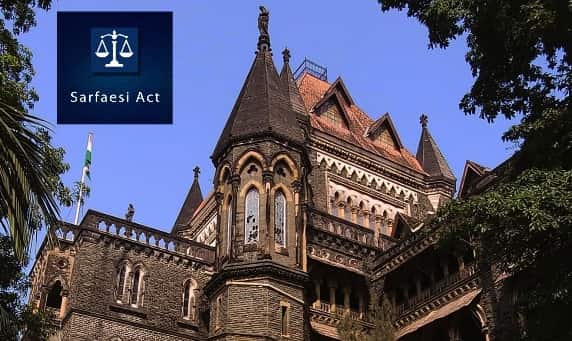
The Bombay High Court recently observed that delay in disposal of applications under Section 14 of the Securitization and Reconstruction of Financial Assets and Enforcement of Security Interest (SARFAESI) Act impacts the financial health of the country.
Section 14 of the SARFAESI Act places an obligation on the chief metropolitan magistrate or district magistrate to assist secured creditors in taking possession of the secured asset.
A bench of Justice Nitin Jamdar and Justice Abhay Ahuja emphasized that the powers of the magistrate under Section 14 were merely administrative. It added that the magistrate was not even required to adjudicate any dispute between the borrower, third parties and the secured creditor concerning the secured assets.
“Any delay in that was unacceptable given the emphasis of this enactment on expediency. Such enormous backlog of applications under Section 14 in Maharashtra is inconsistent with the objectives of the Act and defeats the legislative intent emphasized by the Supreme Court,” the order reads.
The bench dismissed several petitions alleging that the Section 14 applications had been pending before the magistrate for an excessively long time. The petitioners highlighted the lethargy of the authorities, their reluctance to proceed under Section 14 and borrowers causing the delay.
The High Court consolidated all such petitions and requested assistance from the State government and the High Court administration in resolving them.
- The division bench was informed that the State government issued a circular to all magistrates on April 10, 2023, with the following instructions:
- all pending applications filed before March 31, 2023 should be resolved by April 30, 2023.
- all applications filed after March 31, 2023 must be resolved within thirty days,
- orders passed under Section 14 must be implemented within four weeks.
- If existing officers are overburdened, an advocate can be appointed to carry out the order in accordance with the law.
- a report on applications and orders that are not disposed of within thirty days must be submitted, and parties may make representations if an application is not disposed of or an order is not implemented within sixty days.
- to record all information and statistics, an online platform will be implemented.
The bench stated that these guidelines may also reduce the number of petitions filed by secured creditors before the High Court.
It further noted that implementing an e-system would improve transparency and efficiency, as well as keep all parties up to date on pending applications.
The bench then reiterated the guidelines as directions in its order to reinforce them and carry out the intent of the SARFAESI Act.
It mandated that the e-system be put into practice within 16 weeks.




